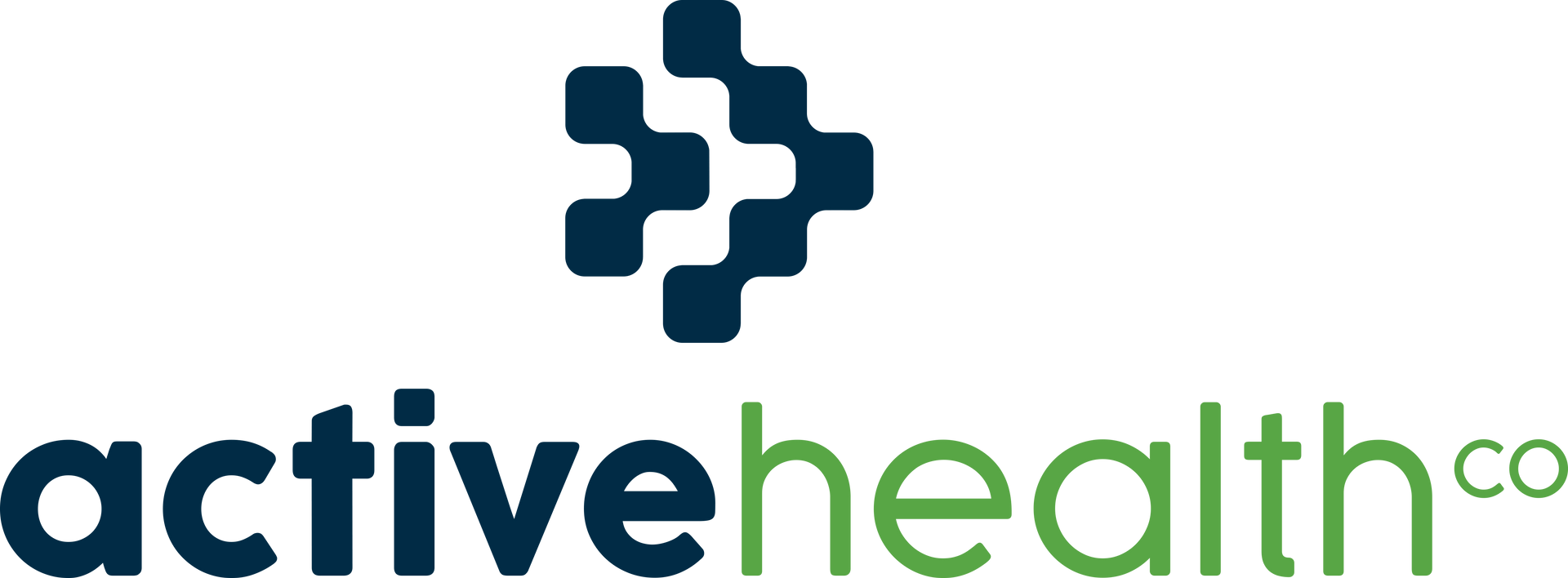Chiropractic FAQs
Do you treat children?
Yes, we do, we tailor our care to each individual child no matter how old they are.
Is there off road parking?
Yes, we have plenty of off road parking. You will see spaces as soon as you enter the carpark, and you can drive around the back for more if needed.
Do you accept health funds?
Yes, we accept all health funds and have on site HICAPS facilities to make a claim.
Do you accept work cover, DVA, NDIS and other claims?
Yes, we believe everyone should have access to chiropractic care and as such will accept all claims and facilitate your recovery as best we can.
Do you treat headaches?
We do treat headaches. Our first task is to assess your case and come up with a diagnosis for your headaches. This helps us to make the best clinical recommendations we can to assist you in reaching your goals.
Can I bring my children to my appointments?
Absolutely! we have plenty of seating both in the treatment rooms and in the waiting area. We love getting to know the whole family and welcome everyone to sit in on treatments or hangout in the waiting area with our fantastic office managers.
How can I book an appointment?
You can book online at www.activehealthco.com.au or call us on (08) 7225 1955 and we can arrange a time appropriate for you.
How long is each appointment?
Treatment times vary. You will be treated in a room with your practitioner and you will not be rushed through your appointment. We take the time to understand your health concerns and how we can best help you.
Do you work late?
Yes. After work appointments are available on some nights during the week.
Physiotherapy FAQs
What conditions do physiotherapists treat?
Physiotherapists treat a wide range of conditions, including musculoskeletal injuries, sports injuries, post-surgical rehabilitation, chronic pain, and neurological conditions. At Active Health Co, we specialise in sports and musculoskeletal injuries, as well as concussion.
Do I need a referral to see a physiotherapist?
No, a referral is not required to see a physiotherapist. However, you may need a referral if you are claiming through Medicare, DVA, Return to Work SA or CTP insurance.
What should I expect during my first physiotherapy appointment?
Your initial session will include a thorough discussion of your condition, as well as a physical assessment. You will receive some initial treatment for your condition and get some exercises to complete at home. You will receive a comprehensive action plan that shows how we will help you achieve your goals.
What is dry needling, and how can it help?
Dry needling is a technique that uses ultra-thin needles to target trigger points in muscles, helping to relieve pain and improve movement. It is often used to treat muscle tightness, injuries, and chronic pain conditions.
Does private health insurance cover physiotherapy?
Many private health insurance policies offer cover for physiotherapy under extras. The rebate amount depends on your provider and level of cover. We recommend checking with your insurer for specific details.
What should I wear to my physiotherapy appointment?
Wear comfortable, loose-fitting clothing that allows easy movement. If we are treating a specific area, such as the knee or shoulder, consider wearing shorts or a singlet for better access.
Can physiotherapy help with sports injuries and rehabilitation?
Yes! Physiotherapy plays a crucial role in both the prevention and recovery of sports injuries. At Active Health Co, we offer tailored treatment plans to help athletes recover and return to peak performance.
How many physiotherapy sessions will I need to recover?
The number of sessions required varies depending on your condition, severity, and treatment goals. After your initial assessment at Active Health Co, we will provide a clear plan and expected timeline for your recovery.
How can physiotherapy help with concussion recovery?
Physiotherapy can help manage concussion symptoms such as dizziness, headaches, balance issues, and neck pain. During your appointment post-concussion, you'll undergo thorough assessment to see how the concussion is affecting you, and you'll develop a plan with your physio to ensure a safe return to daily activities and sport.
What is a baseline test, and why is it important?
A baseline test is a pre-season concussion assessment that measures brain functions such as cognition, balance, and reaction time. If a concussion occurs, this test provides a comparison to help guide recovery and return-to-play decisions. At Active Health Co, we offer baseline testing for athletes of all levels.
Remedial Massage FAQs
What is Remedial Massage?
Remedial Massage is a type of massage that aims to treat a variety of musculoskeletal conditions and injuries, using a range of techniques to help release tension, reduce pain, and promote healing. It is often used in conjunction with other forms of treatment such as chiropractic care and physiotherapy.
How does Remedial Massage differ from a regular massage?
Remedial massage focuses on targeting specific muscle issues, injuries and chronic pain usually following a series of treatment sessions, whereas relaxation massage is primarily focused on promoting relaxation and reducing stress through gentle techniques.
What techniques are used in Remedial Massage?
Techniques used in remedial massage can include deep tissue massage, trigger point therapy, myofacial release, stretching, and joint mobilisation. Your therapist may use their hands, thumbs, knuckles, or elbows to achieve the appropriate direction, depth, or pressure.
Can I use my private health insurance for Remedial Massage?
Yes, we accept most private health funds, and HICAPS is available to claim a rebate instantly. However this depends on your individual policy and level of extras coverage.
What are the benefits of Remedial Massage?
The benefits of remedial massage can include improved range of motion and flexibility, reduced pain and tension, improved posture, increased relaxation, reduction in stress, improved circulation, and enhanced recovery and healing from injury or athletic activity.
Is Remedial Massage painful?
Remedial massage may involve some discomfort or mild pain as our therapists work to release tension and knots in the muscles, but it should not be excessively painful. We will work within your pain tolerance to ensure that your session is comfortable and effective.
What should I do after a Remedial Massage?
It is important to stay hydrated, rest, and apply any recommended self-care practices provided by the therapist. It is common to experience some post-massage soreness, similar to the feeling after a workout. You may also be given specific exercises or stretches to do at home in between treatments to help maintain the benefits of the session.
How often can I receive a Remedial Massage?
The frequency of a remedial massage sessions will depend on your individual needs and goals. Our therapists will assess your progress and recommend s suitable treatment plan tailored to your needs.
What can I expect during a Remedial Massage treatment?
During a remedial massage session, you can expect the therapist to discuss your concerns, assess your condition, and tailor the treatment accordingly. The therapist will use various techniques and may provide advice on self-care practices to support your healing process.
Is Remedial Massage safe to have during pregnancy?
Our Remedial Massage therapist, Ebony, is also trained in pregnancy and postnatal massage. She uses modified remedial techniques and a tailored approach to ensure your comfort and safety during your treatment. In most cases, pregnancy massage is safe to have from the first trimester up until full term and early postnatal.
*Depending on any medical conditions or high-risk factors, adjustments may take place and/or a consent letter may be required from your health professional*
What are the benefits of pregnancy massage?
During pregnancy and postpartum, a woman’s body undergoes significant physical and hormonal changes, and massage can be a natural and safe way to deeply relax and connect with your baby. Regular massage can help to increase circulation, boost oxygen and nutrient levels to both mother and baby while helping to stabilise blood pressure and regulate hormone levels. It can help relieve insomnia, joint pain, muscle tension, leg cramping, sciatica, swelling in hands & feet, carpel tunnel pain, and headaches.
What can I expect during a pregnancy massage?
During a pregnancy or postnatal massage, you can expect to have a detailed consultation with Ebony prior to your session discussing your current condition and/or medical concerns, your goals for the treatment, and a tailored treatment plan moving forward. The massage will be performed in a side-lying position with pillows and cushions for support and comfort. The duration of the treatment is 1 hour. This allows adequate time for you to position yourself comfortably and fully relax into the session.
Ebony will continue to communicate with you throughout the treatment to ensure your ease and comfort.



